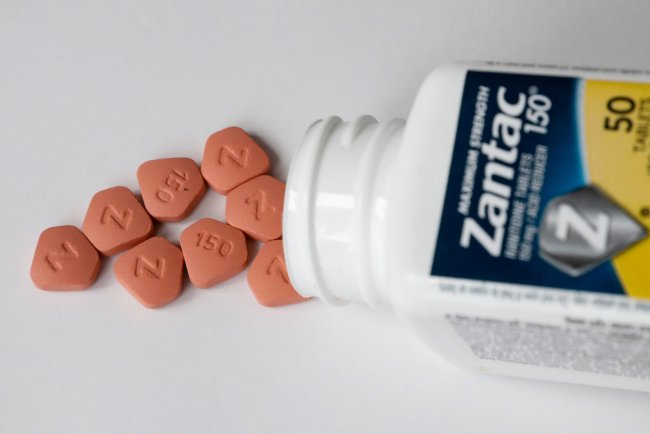Hype or Breakthrough Drug? How to Determine Whether That Attention-Grabbing Procedure Is Actually Important
There appears to be talk of a new "wonder" medication almost every week. You will see bold headlines announcing breakthroughs that could revolutionize everything from arthritis to Alzheimer's when you scroll through your news feed or turn on the television. However, the reality is that significant medical advancements are uncommon. The others? Frequently, there is more glitz than depth.

As a regular person making health decisions, how do you distinguish between what is true and what is false? The puffed-up from the promising? Let us go over how to look past the headlines and determine the true implications of a new medication for you.
Prioritize the study over the soundbite.

Every major drug announcement is supported by one or more studies, but not all of them are made equal.
Participants in an RCT are randomized to either a placebo or the novel medication. They and the researchers are unaware of who received what. This arrangement reduces prejudice and provides a more accurate picture of the drug's effectiveness.
Now contrast that with an observational study, which searches for trends among huge populations. For instance, people who take vitamin C may experience fewer colds. However, are those individuals simply healthier in general, or are the vitamins shielding them? Without randomization, it is difficult to determine.
In summary, RCTs are capable of demonstrating cause and effect. It can only be inferred from observational studies.
Then inquire: Am I Affected by This?
Not every study has any bearing on your life. Consider this:
Did the participants share my views? A person who is 70 years old and has several chronic diseases may not benefit from a drug's findings if it was only tested on marathon runners who were 40 years old.
Did they have human characteristics? The sheer number of sensational headlines based on mice research may surprise you. Promising? Sure. However, it is far from being relevant to the real world.
Were the results significant? Certain medications may raise a lab number

(such as cholesterol), but they do not genuinely reduce your chance of dying or having a heart attack. Your health does not always benefit from a nice number on paper.
Examine Beyond the Headlines: Advantages, Dangers, and Practical Effects
Assume that a novel medication "reduces heart attacks by 15%." That sounds really big. But do the math.
If only 8.5 out of 100 patients using the new medication experienced a heart attack, compared to 10 out of 100 receiving a placebo, it is a 15% relative but only a 1.5% absolute decrease. Even if that difference is statistically significant, it might not have a life-altering effect.
Additionally, think about:
Does the benefit make sense? You might not even notice if a medication lowers your pain by merely two points on a scale of 100.
What adverse consequences are there? It is hardly a no-brainer to take a medication that improves memory but causes brain swelling in one-third of people.
How much does it cost? The annual cost of certain new treatments can exceed $50,000, not including imaging, monitoring, or other costs that can pile up fast.
An Actual Case: The Alzheimer's Debate and Aducanumab (Aduhelm)
The FDA approved the Alzheimer's disease medication Aducanumab in June 2021. The headlines were exultant.
"Advanced Alzheimer's Treatment Approved"
"A New Day in the Care of Dementia"

However, several disturbing realities were hidden beneath the joyous tone:
The medication just decreased amyloid, a protein believed to be implicated with Alzheimer's, without substantially alleviating symptoms.
Those with mild to severe dementia were not allowed to participate.
More than one-third of patients had adverse symptoms, such as bleeding or edema in the brain.
The yearly price? $56,000 or so, plus the requirement for regular brain scans.
The outcome? Confusion. Debate. and increasing doubt. The FDA even mandated additional research to determine whether the medication actually improves patients' quality of life. The approval can be withdrawn if those do not work out.
The Bottom Line: Prioritize Curiosity Over Hype
Be cautious before falling for the hype the next time you hear about a "breakthrough" medication. Pose astute queries:
By whom was the study conducted?
What was the real effect of the drug?
What was the magnitude of the benefit?
What are the expenses and dangers?
Is it relevant to me?
Skepticism is your best tool in a world full of medical jargon and marketing spin. Until more information becomes available, do not be scared to do further research, consult your physician, or even disregard the headlines. A trustworthy medication should improve your quality of life, not just seem good on paper.
What's Your Reaction?




















